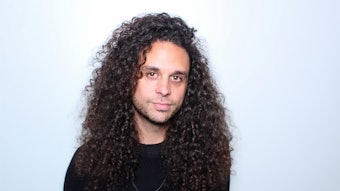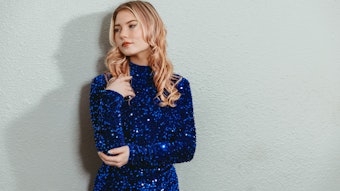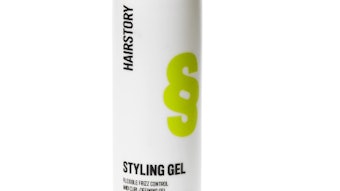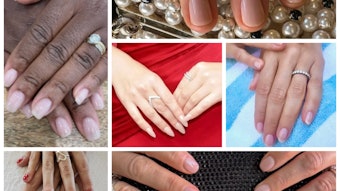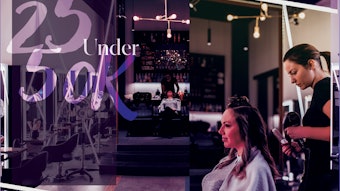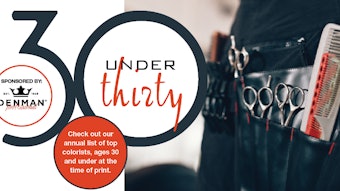
With increasing demand for organic products, it is important for stylists be well informed. Philip Pelusi, founder of Tela Beauty Organics, addressed a full house at America’s Beauty Show in Chicago recently where he spoke frankly about the organic hair care market. In 2009 Women’s Wear Daily reported that 65 percent of women in the U.S. fall into the “sustainable mainstream” category, but while they’re interested in organic products, they do not want to sacrifice performance. The NPD Group also reports that more than 70 percent of women 18 to 35 are very interested in organic products, while 32 percent of them use organic products. What’s more, 50 percent of women in the U.S. are using natural or organic products, and they’re doing so because they believe they’re safer on their hair and scalp.
“Hairdressers are hungry for information about organic products,” says Pelusi, who offered a 90-minute class that addressed everything from performance issues to USDA certification. “The demand for organic products is exploding, but in many cases the consumer is more well informed than the average hairdresser.” According to Pelusi, these are the top four things all hairdressers should know before taking on an organic line:
- USDA certification is the gold standard. Products don’t qualify as organic per se without USDA certification, which is awarded only to product lines that contain 95 percent organic ingredients.
- USDA standards are based on food, but food is ingested and does not stay on the shelf that long. International organizations like the USDA, the National Organic Organization and a relatively new group called NSF-ANSI 305 are trying to find a middle ground to establish acceptable standards for hair and beauty. The downside is that this will take time. You still see stories in beauty magazines about home hair care remedies that use ingredients you can find in your refrigerator like avocados or mayonnaise. The problem is that the molecular structure of these foods is too big to penetrate the cuticle, rendering them ineffective. But with new micro-emulsion technology you can get herbs in granulated powder form without compromising the integrity of the organics. We use micro-emulsion technology at Tela Beauty Organics. Here’s the thing about organic or even natural ingredients: Anyone can make a natural soap, but the pH will be 7, which will blow out the cuticle. That’s why most people are unsatisfied with the results they get when they use an organic shampoo with the USDA seal on it. In most cases, the pH is just too high. These shampoos don’t lather well and they can strip color and dry out the hair. At Tela, our motto is “health and beauty.” We try to make products that are good for you, but we also want them to work. Our cleansing system contains 85 percent organic ingredients: sugar cane, sugar maple and apple seed. We augmented that with 15 percent surfactants, aka detergents, although none of them were sodium lauryl sulfates.
- Ecocert is another classification accredited by the USDA under the National Organic Program. To have this certificate, which is more popular in Europe, you have to be 70 percent organic. This certification is fairly easy to obtain, though costly. People often assume that Ecocert is better, but it’s not. The reason it’s not as popular in the U.S. is because there’s not enough marketability for it here. Most manufacturers and fillers are reluctant to pay for the certification process required by Ecocert. The products not only have to be certified but so does the plant where they’re made. It’s a very costly procedure.
- Read the label before considering any organic product. Reichi mushroom and foti, which is an herb, are great for your scalp. Marshmallow root, celery and milk thistle add moisture to the hair. For strengthening, look for burdock root, plantain or sprouted soy. Chinese orchid, dandelion and fruits like tomato, kiwi and Chinese foxglove help maintain color, while antioxidants found in carrots or forsythia guard against sun damage. Meanwhile, curly hair benefits from organic argan oil, cupuacu (a nut from Brazail that’s become more popular) and yogurt enzymes, which are more lubricating.
